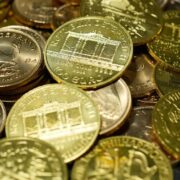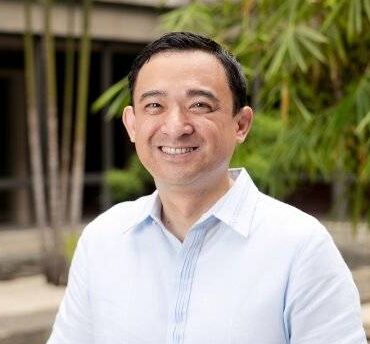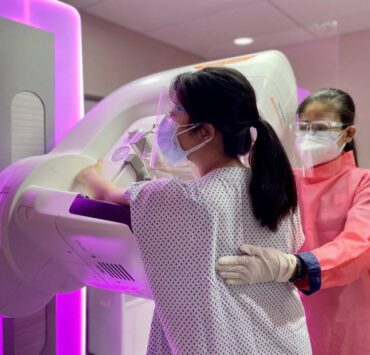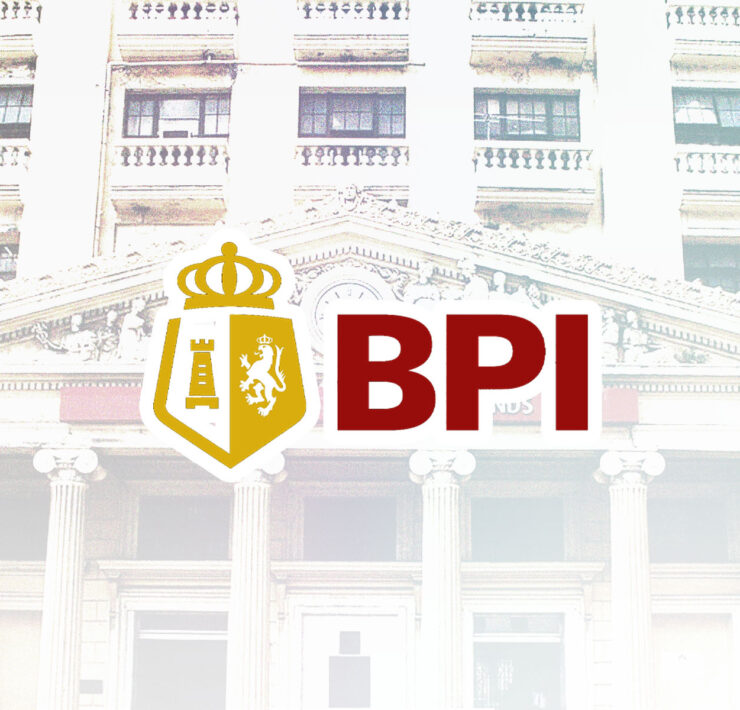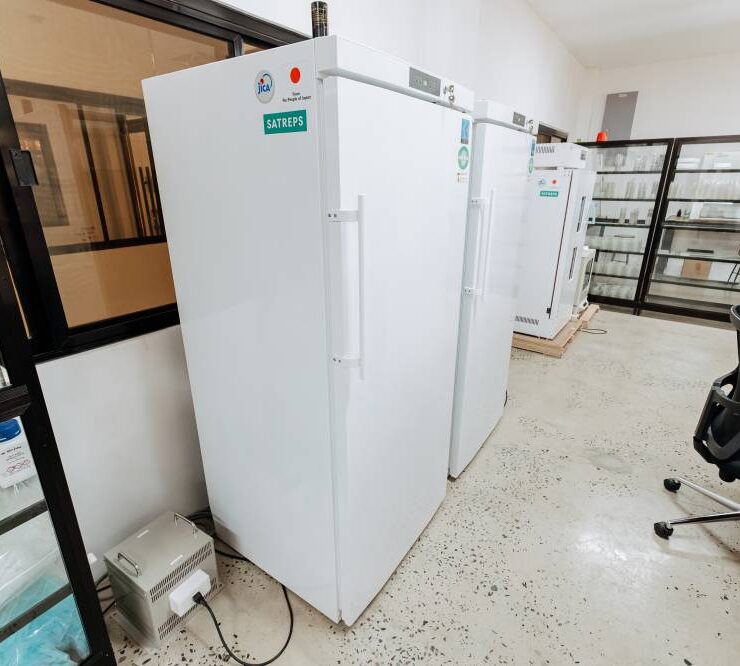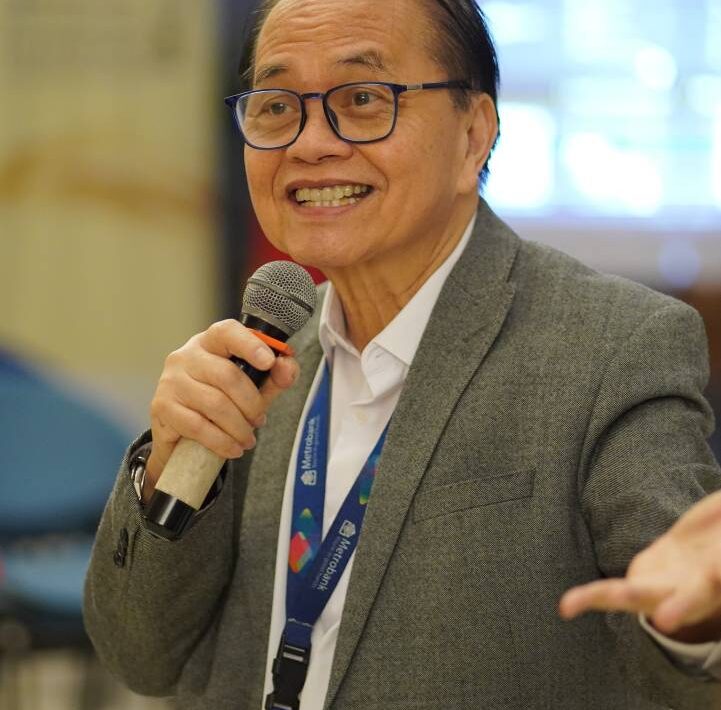BSP chief Remolona keeps slot on Global Finance honor roll
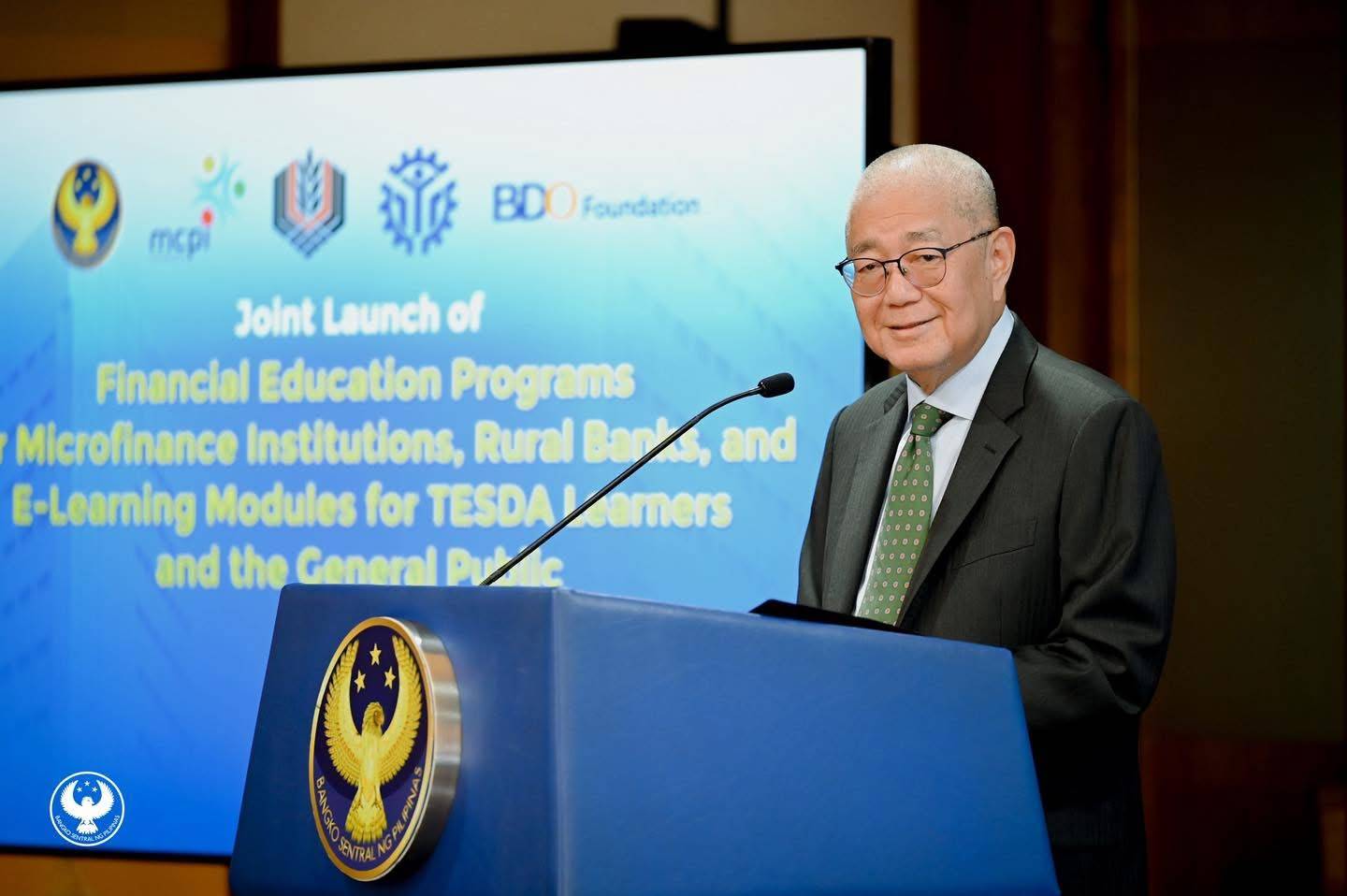
Bangko Sentral ng Pilipinas (BSP) Governor Eli Remolona Jr. has once again earned high marks on the global stage, securing an “A-” in Global Finance magazine’s 2025 report card on central bank chiefs.
It is the second straight year that Remolona, who had taken the helm of the BSP in June 2023, received the grade—placing him in the same tier as European Central Bank president Christine Lagarde.
The rankings, which run from “A+” to “F,” weigh a governor’s effectiveness in managing inflation, steering economic growth, ensuring currency stability and setting interest rates.
The New York-based publication unveiled only the top-rated central bankers in its Aug. 27 announcement.
The elite “A+” distinction went to three figures: Jerome Powell of the US Federal Reserve, Christian Kettel Thomsen of Denmark’s central bank and Nguyen Thi Hong of Vietnam.
Powell is facing political pressure from United States President Donald Trump, who has been calling for a reduction in interest rates. But he has remained steadfast amid this challenge to the independence of the US central bank.
Steady hands
For Remolona, who has navigated the Philippine economy through stubborn inflation and a fragile peso, the recognition is a signal that international observers see steady hands at the BSP.
The magazine, which has been publishing its annual scorecard since 1994, will release the full report in its October issue.
“Most central bankers have spent the past few years battling inflation with their most effective tool: higher interest rates, though their mandates may differ from country to country,” says Joseph Giarraputo, founder and editorial director of Global Finance.
“As inflation recedes, we’re beginning to see the results of those tough policy decisions,” Giarraputo adds.
Remolona earned his first “A-” last year after steering the Philippines through a bout of persistently high consumer prices. Under his watch, the BSP pushed its policy rate up by 450 basis points to 6.5 percent, among the most aggressive tightening in Asia at the time.
The strategy worked. By December 2023, inflation had eased back into the BSP’s 2-to-4 percent target range, where it has largely stayed.
With price pressures abating, the central bank began what Remolona called “baby steps” toward easing in August 2024, carefully avoiding large cuts that might unsettle markets.
Even so, global politics quickly complicated the path forward. Uncertainty over Mr. Trump’s unpredictable trade policies weighed on the BSP’s outlook, slowing its pace of rate cuts. When some of those risks later receded, the bank moved more decisively, trimming rates by a cumulative 150 basis points to what officials described as a “Goldilocks” level of 5 percent—supportive of growth without fueling new inflation.
Analysts now say the BSP’s easing cycle is close to running its course. But Remolona has kept options open, signaling that the Monetary Board (MB) could consider another reduction at its October or December meetings if demand shows signs of softening.
Remolona is the seventh governor of the BSP and MB chair. His career spans more than three decades across global financial institutions.
He spent 19 years at the Bank of International Settlements in Basel, the institution often dubbed the central bankers’ central bank. He also spent 14 years at the Federal Reserve Bank of New York, the US central bank’s most influential branch, giving him a front-row seat to Wall Street and international markets.
From 2019 to 2022, Remolona served as professor of finance and director of central banking at the Asia School of Business in Kuala Lumpur. He also taught at Williams College, Columbia University, New York University and the University of the Philippines-School of Economics.
Before joining the MB in 2022, Remolona served as independent director at the Bank of the Philippine Islands.













